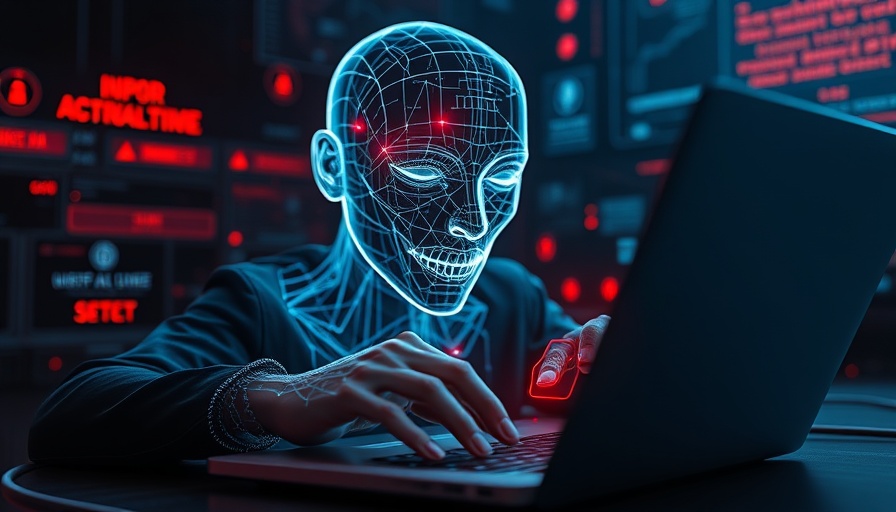
Understanding the Growing Risk of Deepfake Fraud
As businesses navigate an increasingly digital world, deepfake fraud has emerged as a significant risk with potentially devastating consequences. Imagine a scenario where a finance director is duped into transferring millions of dollars due to a convincing fake video call. Such incidents are not just hypothetical; they are becoming alarmingly common. The global losses from e-commerce fraud are projected to skyrocket from $44 billion in 2024 to a staggering $107 billion by 2029, according to Juniper Research.
Why Traditional Solutions Fall Short
Despite the awareness of deepfake threats, current protective measures, such as watermarking and AI detection tools, often prove inadequate. Watermarks can be removed, and AI detection tools can miss a significant percentage of manipulated content. A study from the University of Pennsylvania suggests that these tools can fail to identify fake videos due to minor modifications, indicating a pressing need for more robust solutions.
The Role of Blockchain and AI in Combatting Deepfakes
The solution to navigating this new landscape rests in the combination of blockchain and AI-powered digital twins. Digital twins act as virtual representations of physical entities, bolstered by NFT passports that are immutable and recorded on the blockchain. This means that businesses can authenticate their digital content and ensure its integrity at the source, rather than attempting to resolve instances of fraud reactively.
Enhancing Trust Through Transparency
A recent report highlighted that a remarkable 62% of consumers only trust AI-generated content when its origin can be verified. By leveraging blockchain technology, companies can build consumer confidence, leading to increased customer trust and engagement. Brands like Breitling have already adopted this advanced approach, issuing blockchain-based digital passports for their products, showcasing the feasibility of such proactive strategies.
A Look to the Future
In conclusion, as deepfake threats continue to evolve, businesses must adapt by investing in innovative technologies that provide security and transparency. Embracing blockchain and AI solutions not only protects brands from reputational damage but also positions them ahead of regulatory changes that demand accountability and authenticity in digital interactions. With deepfake fraud on the rise, now is the time for business leaders to reassess their strategies and embrace new technologies.
 Add Row
Add Row  Add
Add 

 Add Row
Add Row  Add Element
Add Element 




Write A Comment